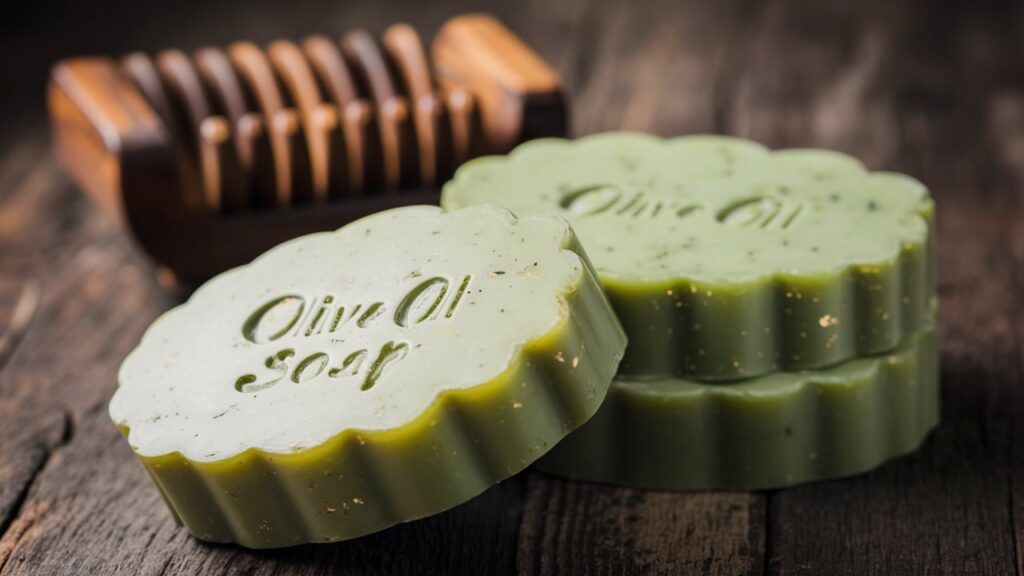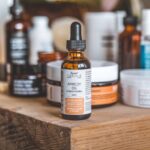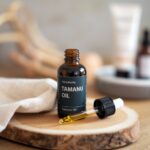Olive oil is a familiar ingredient in skincare, often promoted for its moisturizing properties. Regarding its impact on acne-prone and oily skin, the debate is far from settled. On the comedogenic scale, which measures how likely an ingredient is to clog pores, olive oil scores between a 2 and 3. This suggests a moderate chance of blocking pores, raising concerns for individuals already battling breakouts or oiliness. So, what does the evidence say, and should you be using olive oil on your face?
What the Comedogenic Scale Reveals About Olive Oil
Olive oil’s score of 2 to 3 places it in a gray area: it’s not highly comedogenic, but it’s not entirely safe either. The oil could clog pores for individuals with oily or acne-prone skin. However, the comedogenic rating isn’t a hard-and-fast rule. Skin type, product formulation, and how often you apply an ingredient all influence its effect. If you have dry skin, olive oil may feel nourishing, while another person with oily skin might notice more breakouts.
The Science Behind Olive Oil:
Research has found that, while olive oil contains antioxidants and moisturizing properties, it also has the potential to disrupt the skin barrier. In one study, researchers applied olive oil to volunteers’ skin over four weeks. The findings showed a clear reduction in the integrity of the skin barrier, particularly the outermost layer known as the stratum corneum. The study also observed mild redness, or erythema, in participants, regardless of whether they had a history of skin issues like atopic dermatitis. This suggests that olive oil, while often promoted as a gentle, natural ingredient, can actually weaken the skin’s defenses.
Moreover, olive oil’s thick consistency may foster bacterial growth, which is problematic for those with acne-prone skin. Acne is often linked to clogged pores and bacteria buildup, and introducing a heavy oil into the mix can worsen the condition.
Dermatologists Weigh In: Should You Use Olive Oil on Your Skin?
Dr. Mona Gohara, a board-certified dermatologist, points out that while olive oil is moisturizing, its heavy nature makes it a potential breeding ground for bacteria, which can clog pores and trigger acne.
“Olive oil can serve as a breeding ground for bacteria,” she explains. “This can lead to clogged pores and acne, especially if you’re already prone to breakouts.”
Dr. Brian Hibler, another dermatologist, warns against using olive oil as a facial moisturizer, particularly for oily skin.
“Olive oil can worsen oiliness and may even cause rashes or flaking,” he says, noting that its comedogenic rating makes it less than ideal for acne-prone skin.
Both experts emphasize the importance of tailoring skincare products to individual needs. if you have oily or acne-prone skin, lighter, non-comedogenic ingredients such as hyaluronic acid or water-based moisturizers are often better choices.
Not All Skin Types React the Same
It’s worth noting that not everyone will have the same experience with olive oil. For some individuals with dry or normal skin, it may act as an effective moisturizer. There is need for patch testing before fully incorporating any new product into your skincare routine. Applying a small amount of olive oil to a less visible part of your face or body allows you to see how your skin reacts over a few days.
Real User Experiences: What Are People Saying?
While the scientific data leans toward caution, anecdotal evidence from skincare enthusiasts paints a more mixed picture. Some individuals rave about olive oil’s ability to soften and hydrate their skin, while others warn of clogged pores and flare-ups.
A Reddit user shared a positive experience with olive oil as a daily moisturizer:
“My skin has never looked this good!” they wrote. The user reported that extra virgin olive oil helped fade dark spots and left their skin feeling soft and hydrated. For them, olive oil seemed to work wonders.
However, on forums like Acne.org, others caution against its use. One contributor remarked, “I wouldn’t recommend olive oil if you’re acne-prone. It’s too heavy and made my skin worse.”
Are There Better Alternatives for Acne-Prone Skin?
If you need moisturizing oils but are concerned about the pore-clogging potential of olive oil, there are plenty of alternatives. Hemp seed oil and pumpkin seed oil are often recommended due to their low comedogenic ratings
Hemp seed oil, in particular, is known for its balancing effect on oil production, making it ideal for oily or acne-prone skin. It’s rich in omega-3 and omega-6 fatty acids, which help to moisturize the skin while reducing inflammation. Pumpkin seed oil is another excellent alternative, packed with vitamins and antioxidants that support skin health without the risk of pore congestion.
Should You Use Olive Oil on Your Skin?
Ultimately, whether olive oil is suitable for your skin depends on your skin type and individual concerns. For those with sensitive, oily, or acne-prone skin, olive oil may increase the likelihood of breakouts and irritation due to its moderate comedogenic rating and potential to weaken the skin barrier. On the other hand, individuals with dry skin may find olive oil moisturizing, though it’s still essential to proceed with caution and patch test.
The key takeaway? Skincare is personal. Olive oil isn’t a one-size-fits-all solution, and while it may work for some, it can cause problems for others. Always consider your unique skin type and, when in doubt, consult with a dermatologist to find the best skincare regimen for you.

I’m a devoted organic skincare enthusiast, passionate about the natural, wholesome goodness that organic products bring to our skin.
Organic skincare isn’t just a hobby for me—it’s a lifestyle. Every product I use, recommend, and write about has been carefully chosen for its purity and effectiveness. Everything I write about is backed by scientific studies, dermatologists’ opinions, and user experiences.
I also excel at tackling skincare challenges with innovative, organic solutions.


